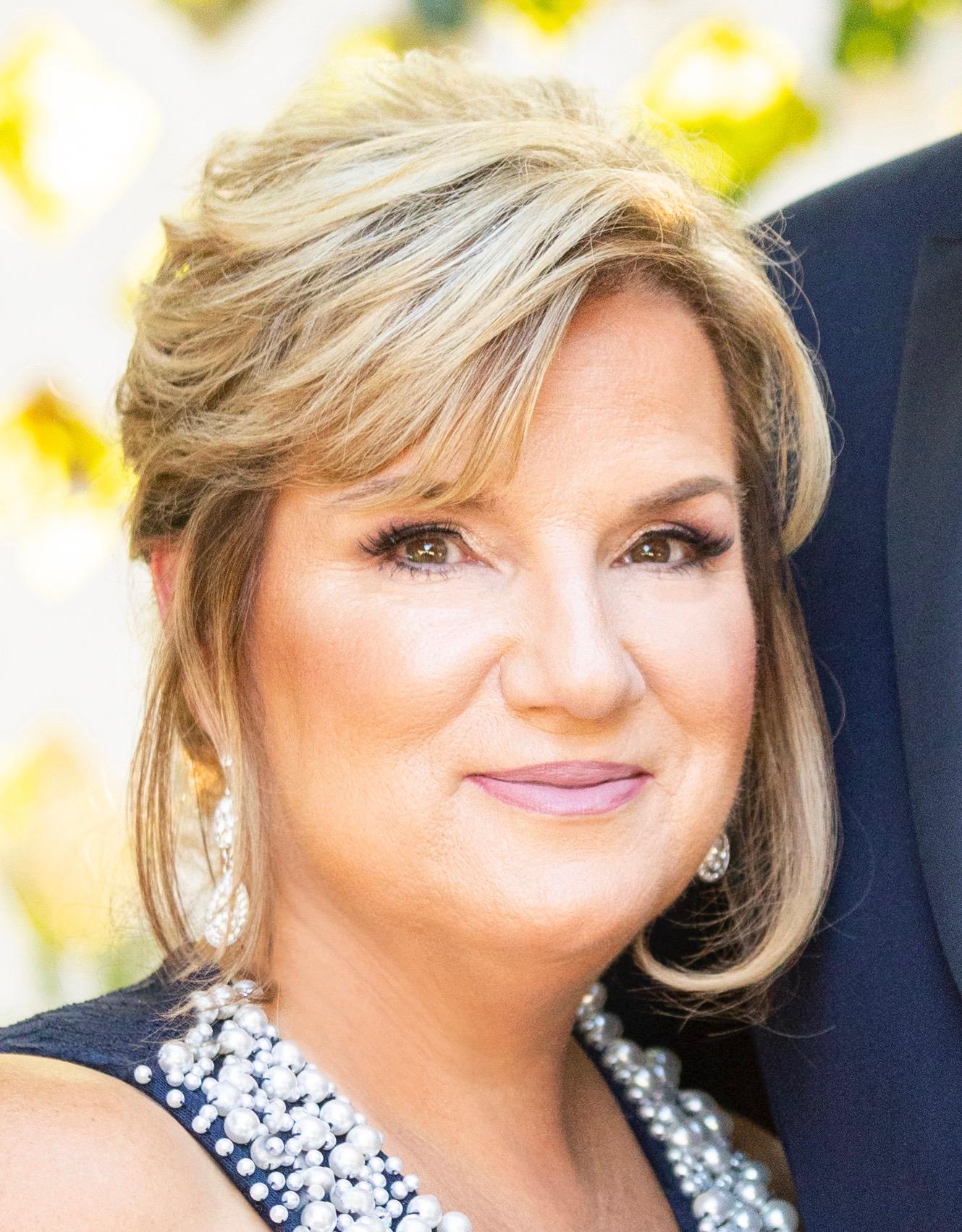Recently, I participated in a series of management classes designed to strengthen my skills as a leader and better understand and engage in meaningful conversations with team members. Topics in the program ranged from productive conflict to diversity and inclusion, and part of the goal was to understand and identify personality types to have more meaningful working relationships.
It was interesting to find out that four very distinct personality types exist—driver, expressive, amiable and analytical—and that everyone should learn to recognize these traits when working with others. This is especially true in your relationships with your supervisor, team and co-workers.
During one of these classes, we spoke about the need to “manage up” our relationship with our supervisor. I found this topic particularly interesting, probably because I thought I had not really understood exactly what the term meant, and curiosity led me to stay after class to find out more.
I find that in the world of meeting professionals, we often stay so focused on the needs of others that we sometimes forget about our own needs, including how to best manage our own career.
If you Google the term “managing up,” you’ll find many articles written on this subject. Performance Solutions Group of Connecticut offers this description: “Essentially, managing up means managing the relationship with your manager so that both of you can achieve your goals, as well as the organization’s. It is an active rather than passive process—you have to work at it!”
When I decided to write a little about this subject, I did so because I know I’m not the only one who doesn’t fully understand how to relate this to my career and relationship with my own supervisor. So I did what any good meeting pro would do: Go right to a source in your own backyard. Nicole Palmore is a senior organization and employee development consultant at the University of Maryland, Baltimore. I asked her a few questions that relate to anyone in any field.
How would you describe “managing up” to someone in the workforce today, and does it matter what stage of your career you are in?
Nicole Palmore: “Managing up” is a term that has gained lots of attention over the last decade but should be nothing new to a smart employee. Managing up is about having a purposeful relationship with your boss—a relationship that adds value rather than detracts.
What are key elements people need to think about as it relates to managing up and learning how to anticipate what a supervisor might be looking for?
NP: To be successful, it is about being observant. Through observation, you can recognize your boss’ needs, preferences, work style and challenges. Once recognized, you use your skills to be a solution. If you identify that your boss prefers to get in early and get work done, but you tend to stroll in at 10 a.m., you are not adjusting to be of value to your boss. You will be missing an opportunity to connect. Another example is continuing to email a boss who prefers face-to-face visits. These are very practical items, but they impact how well you connect to your boss. Once you have gotten the work style right, you can begin adding real value with your work. What does your boss hate to do? What areas are not your boss’ strengths? How can you use your skill set to fill in your boss’ gaps? Filling in those gaps in a way that positively impacts your boss and the organization will improve your professional stock and reputation and make you indispensable.
How can a person disagree with their boss in a respectful and productive way without being shut down?
NP: I would once again focus on observing and understanding. Seek to understand your boss’ perspective and perception of an issue. She sees and understands the organization from a different ledge. Once you have truly sought to understand, and if you have built a positive relationship through adding value, then a disagreement won’t develop. The focus is on identifying solutions.
Similarly, in regard to equal rights/equal pay, do you think women have to work harder than men to “manage up” their career, and if so, what are some steadfast rules to adhere to?
NP: In today’s society, women still have to work harder to leave their mark in the workplace. The most important rule to follow is to not undervalue yourself, your work or your ability. Women often give away their ideas and their credit in an attempt to be kind or likeable.
How can an employee identify how to best manage their career while still navigating unfamiliar territory with the boss?
NP: Be careful not to move into unfamiliar territory with a new boss or new organization without first understanding the culture, climate and power structures that will impact your choices. The only way to navigate is with eyes wide open to the opportunities that exist and staying observant to where you can add value.
Can you leave us with a few words of wisdom on making the most of internal relationships with those in leadership roles?
NP: 1) Look for opportunities to highlight your skills and gifts. 2) In every situation, find a way to add value. 3) Be willing to take some risks professionally—it can lead to big rewards.
In a day and age when many people feel overloaded at work, it’s important to recognize how you can best work with your supervisor, team and co-workers. Understanding work styles, personalities, challenges and each person’s limitations will help improve interactions and operations. Identifying challenges and working strategically toward common goals will help you and the relationship you have with others that surround you.
This article originally appeared in the Winter/Spring 2019 edition of the MPI Potomac Chapter’s Engage publication (engagemag-digital.com).



